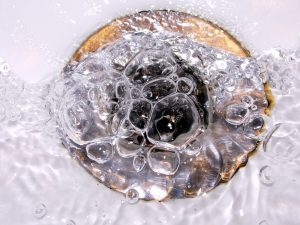
BATHROOM CLOGS
Bathroom clogs can be trickier to deal with than kitchen clogs, in part because they often occur in response to our normal grooming and similar toiletries. Human hair and soap can often combine to create a sticky mess in the drain, while toothpaste can solidify in the pipes and create a cement-like blockage that requires a create deal of work to clear.
The best preventative measure for your bathroom is to use a drain cover, especially in your tub or shower. It will catch hair and soap before it enters the drain and allow you to keep the drain clear. You should also refrain from pouring water from mopping or similar cleaning down your bathroom drains, since they’re more likely to result in serious clogs. That extends to any fibrous material: cotton swabs, baby wipes, toilet paper, feminine hygiene products and the like.
Finally, beware of inappropriate materials flushed down the toilet. Children at play can often flush down toys or similar objects, while excess toilet paper and human waste can make a tough clog as well. (If clogs caused by toilet paper are a common issue, look for fast-dissolving brands and avoid double-ply and similar “strong” types of toilet paper.)
KITCHEN CLOGS
Kitchen clogs are usually easier to deal with than bathroom clogs: created when foodstuffs are thrown down the drain in most cases. The easiest way to handle the issue it to simply toss certain foodstuffs in the trash instead of down the drain. You probably know not to dispose of meat bones and hard seeds like peach pits down the kitchen sink. Other foods to watch include:
- Fats, oils and grease, or FOG. People often pour them down the drain in liquid form when they’re hot, but when they cool in the pipes, they will solidify and create a tough clog.
- Rice and pasta often expand then whey get wet, and when they get tangled together they can often create a terrible clog.
- Fibrous vegetables. This includes things like potato peelings, celery stalks and the like. They can damage your garbage disposal as well as getting tangled up in the pipes themselves to create a clog.
- Coffee grounds. Like pasta, coffee grounds can absorb water and expand in the pipes, creating a clog. They can also get into the gears of your garbage disposal and make for an ugly repair bill.
Here in Bergenfield, NJ, plumbing clogs of all varieties can be swiftly dealt with by the friendly pros at BZ Dependable Plumbing & Heating Inc. Call our team today to set up an appointment!

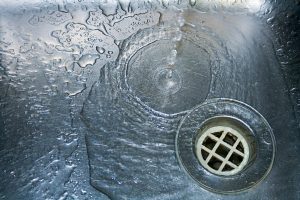 Plumbing issues are common in most homes, particularly clogs and leaks, which most homeowners will have to deal with in one way or another. The typical response is to deal with such issues via a store-bought solution, such as a chemical cleanser or perhaps a snake purchased at the local grocery store. In many cases, however, this can be a mistake.
Plumbing issues are common in most homes, particularly clogs and leaks, which most homeowners will have to deal with in one way or another. The typical response is to deal with such issues via a store-bought solution, such as a chemical cleanser or perhaps a snake purchased at the local grocery store. In many cases, however, this can be a mistake.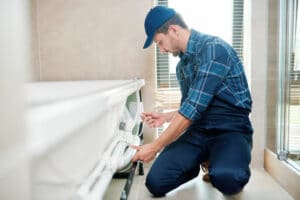 You can also add experience and training to the specialized equipment. That means that a professional plumber does a far better job at accurately assessing the problem and coming up with a long-term solution, not just something that kicks the issue down the road for a few weeks or months. A licensed and bonded plumber removes the fear of that from the equation, allowing you to relax and trust that your repairs are being taken care of the right way.
You can also add experience and training to the specialized equipment. That means that a professional plumber does a far better job at accurately assessing the problem and coming up with a long-term solution, not just something that kicks the issue down the road for a few weeks or months. A licensed and bonded plumber removes the fear of that from the equation, allowing you to relax and trust that your repairs are being taken care of the right way.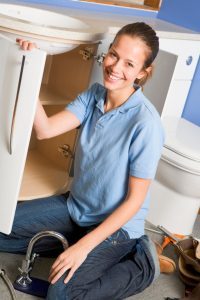 The garbage disposal is one of the unsung heroes of your home, helps to grind up food before releasing it down the drain. Indeed, they’re often so reliable and effective that when problems arise, they can often catch you by surprise. Only a trained technician should try to fix a garbage disposal. It takes training and experience and laymen who attempt it can make the problem worse or even suffer injury themselves.
The garbage disposal is one of the unsung heroes of your home, helps to grind up food before releasing it down the drain. Indeed, they’re often so reliable and effective that when problems arise, they can often catch you by surprise. Only a trained technician should try to fix a garbage disposal. It takes training and experience and laymen who attempt it can make the problem worse or even suffer injury themselves.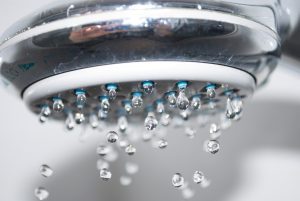 Plumbing leaks rank among the most common problems faced by homeowners. Pipes are designed to last a long time, but age and pressure take their toll, and you never know when a leak might spring up. Trained plumbers can correct the problem very quickly in most cases, and you should always let someone with the proper licensing and experience handle plumbing issues of this nature. But the plumber can’t fix the problem unless you realize there’s a problem to be dealt with, and when it comes to
Plumbing leaks rank among the most common problems faced by homeowners. Pipes are designed to last a long time, but age and pressure take their toll, and you never know when a leak might spring up. Trained plumbers can correct the problem very quickly in most cases, and you should always let someone with the proper licensing and experience handle plumbing issues of this nature. But the plumber can’t fix the problem unless you realize there’s a problem to be dealt with, and when it comes to 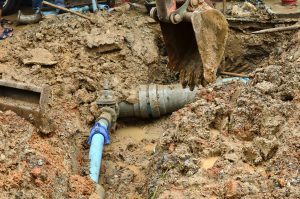 The sewer line is the main line connecting your household plumbing to the civic sewer system. All of the drains from your sinks and tubs lead to it, making it an invaluable conduit for removing waste safely and effectively. The sewer line is usually buried beneath your property, allowing it to do its job safely and efficiently. When trouble arises, however, it can be difficult to spot the problem. Leaks and clogs often stay hidden until the damage becomes extensive, and reaching the sewer line itself can be a trying task.
The sewer line is the main line connecting your household plumbing to the civic sewer system. All of the drains from your sinks and tubs lead to it, making it an invaluable conduit for removing waste safely and effectively. The sewer line is usually buried beneath your property, allowing it to do its job safely and efficiently. When trouble arises, however, it can be difficult to spot the problem. Leaks and clogs often stay hidden until the damage becomes extensive, and reaching the sewer line itself can be a trying task.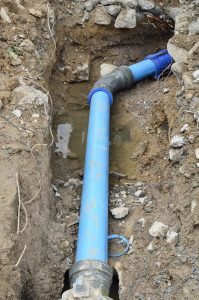 With last week’s hullabaloo over Stella fading into the background, the time has come to look forward to spring, and by all indications,
With last week’s hullabaloo over Stella fading into the background, the time has come to look forward to spring, and by all indications, 